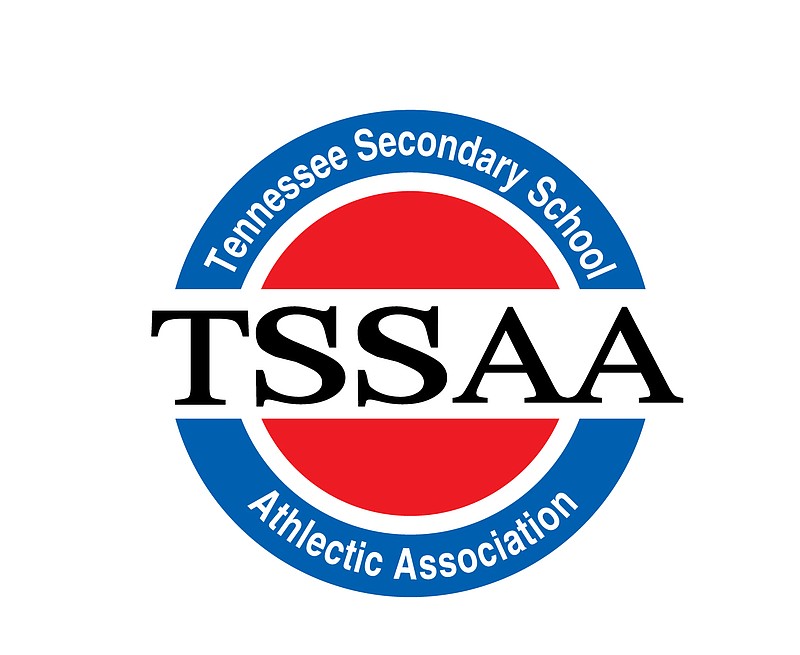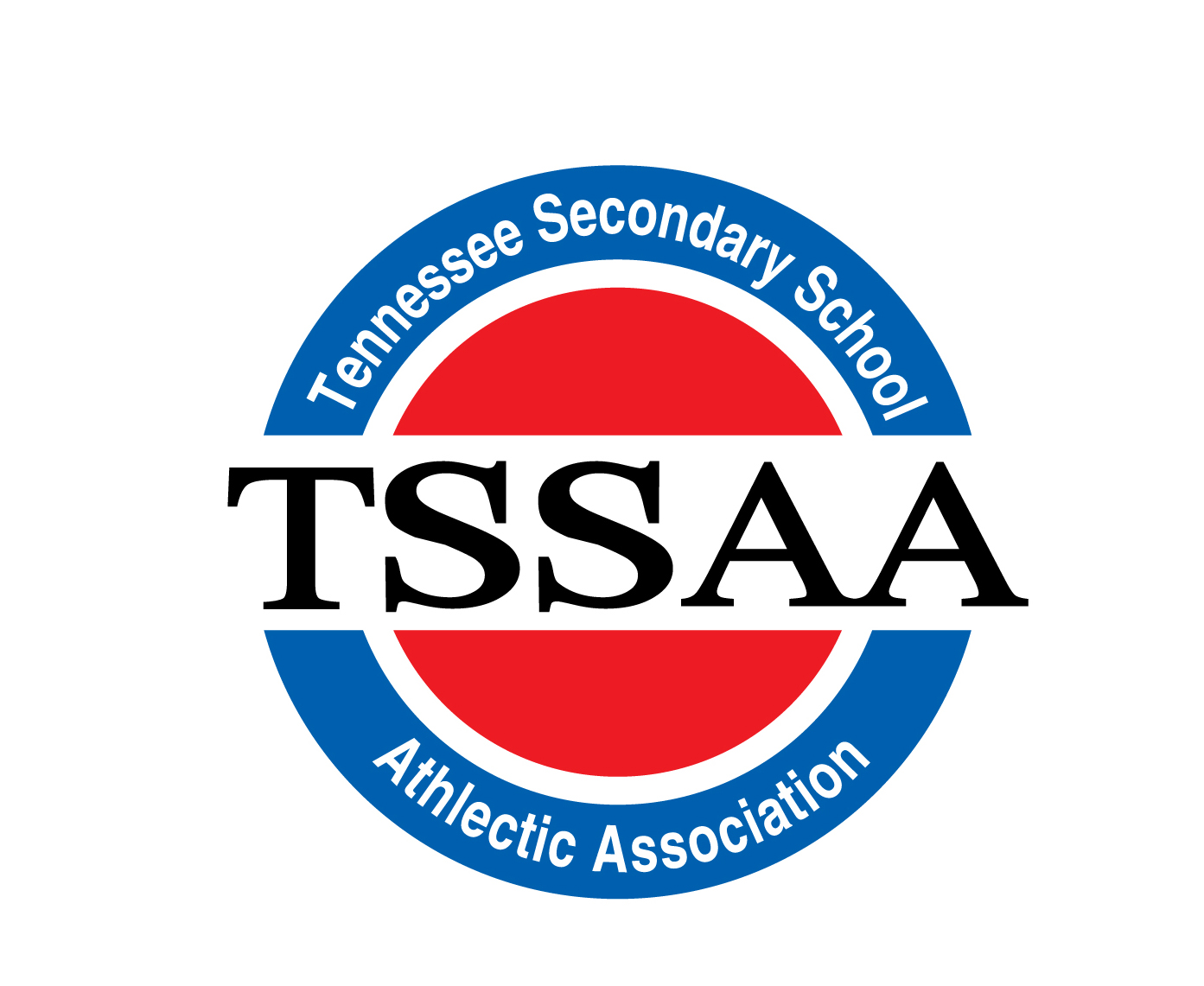It was bound to happen at some point.
When the Unaka football team found out last weekend it had made the Class 1A playoffs, the players realized something the adults supervising our state's high school sports had not - that Unaka had no business in the postseason.
Knowing they were far outmanned, the Rangers, who were coming off a 71-0 loss to finish the regular season 1-9, informed their coaches they would not show up for their scheduled first-round game at unbeaten, No. 2-ranked Greenback. Instead, players turned in their uniforms and agreed they would rather forfeit than take another beating.
As punishment, the TSSAA invoked its rule barring the boys' basketball team from all postseason tournaments for the coming season.
All of this embarrassment could have been avoided had the TSSAA's Board of Control simply followed the common-sense lead of the Unaka teenagers and designed the playoff format as a reward earned through regular-season success rather than simply because a set number of teams must make it.
Of the 219 remaining teams - public and private schools combined - in this year's playoffs, 47 advanced despite having losing records, including seven with just one win and another seven with two wins.
Thirty-two teams make the playoffs in each of the six Division I (public-school) classes, and for the largest four classes that's fine. But in the two smallest classes, especially 1A, there is a wide gap between the haves and have-nots, and several of those teams have such small roster numbers that putting them up against the state's top teams in the first round is often unsafe.
Unaka has just 18 players on its roster, including some who were unable to play by season's end because of injury. Greenback, last year's state runner-up, has double that number.
The simplest solution would have been for the Board of Control to cut the number of public-school classifications from six to four when they voted on a new playoff format three months ago. That would increase the number of total teams in each class, which would also make for larger districts, thereby all but eliminating teams with no hope of competing in the postseason from even making it.
Instead, the board not only voted keep the current six-class system - despite several independent schools opting to move to Division II (private schools), thus leaving 1A and 2A with even fewer competing schools - but added a class to Division II to bring the total number of classifications for the next four years, beginning next fall, to nine.
Nine!
That's the second-most in the nation, and for a state with a membership of only about 340 football-playing schools. By comparison, Texas crowns 10 state champions but has 1,100 more schools in its state association than Tennessee does, and Florida has eight state champions for a membership more than double the size of the TSSAA.
Does anybody believe Tennessee's brand of football, top to bottom, ranks with Texas and Florida? Really?
The obvious reason why no one on the board proposed a return to the more logical four-class system our state once used is simple math. By reducing the number of classifications, you also severely cut the number of playoff games and the amount of revenue streaming in.
There will be 107 first-round playoff games this weekend, with each ticket costing $8. And remember the TSSAA gets 50 percent of all gate receipts for every playoff game, while the two competing teams split the remaining 50 percent.
So if it's too much to ask that our state association trade financial gain for a better, safer football playoff product by cutting back entire classifications, the TSSAA's nine-member board should at least trim the number of teams that qualify for the playoffs in 1A and 2A down to 24. That would reward the top eight seeds with a first-round bye and likely assure us of much more competitive postseason games each week that follows.
That modest move would reduce the risk of having one- or two-win teams, which even the players themselves understand have no business in the playoffs, from having to decide which is more embarrassing: Show up and get physically punished, or absorb ridicule and added punishment for its basketball team by doing what the TSSAA board is not - looking out for what's best for competition as well as the best interest of the kids who play the games.
Contact Stephen Hargis at shargis@timesfreepress.com or 423-757-6293. Follow him on Twitter @StephenHargis.


